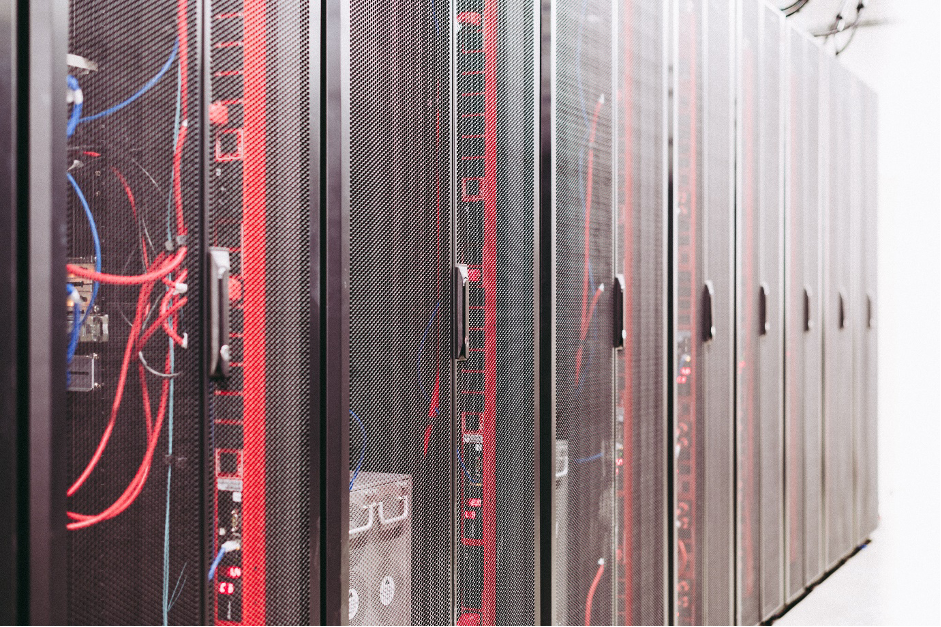More and more businesses are shifting their IT ecosystem off-premises. It is cost-effective, reliable, and scalable. Third-party data centers offer everything you need to run your system seamlessly at a much-reduced cost. These data centers may take various approaches and come in many shapes and sizes. Therefore, we can categorize data centers into two types: retail colocation and wholesale data center. These two types of colocations differ in size, space, power, and cost structure. Read on to know more about the two types, their benefits, and use cases.

What is Retail Colocation?
To start with, retail colocations are primarily suitable for smaller deployments such as the IT infrastructure of a start-up or a small business. These colocation centers offer some or all services required for the smooth running of the entire IT infrastructure.
What is a Wholesale data center?
Traditionally, wholesale data centers were made for large enterprises, government agencies, and service providers with significantly high footprint requirements. Here, the colocation facility offers space and power. The client company brings all the other things, including cloud connectivity, hardware, and IT experts.
Difference between retail colocation and wholesale data center
The followings are the four key areas where the two models of colocation differ.
Power
Firstly, the amount of power is one of the key differentiators between the two types. Usually, power deployment that crosses the threshold of 100kW is considered wholesale. However, this threshold is not standard. Depending on the geographical location or at the discretion of the data center, the upper limit for retail colocation can be as high as 1MW.
Space and hardware
Secondly, in wholesale colocation, the clients are often provided with a cage or sometimes a customized space specially designed for their needs. In retail settings, the client rents a rack space or cabinet. Usually, anything under 10 rack space is considered retail colocation.
Wholesale clients bring their whole setup, and they are responsible for taking care of them. Whereas in a retail facility, the colocation provider often acquires the required hardware on behalf of the client and deploys them in the facility. They offer managed services, including IT support.
Connectivity
In addition, a retail colocation facility usually offers internet connections of their choosing. The clients have little choice but to use the service of the telecom carrier that has
a tie-up with the colocation center. Wholesale colocation facilities may or may not offer network connections. Typically, in a wholesale setting, the client has the freedom to choose the telecom carrier and ISP.
Cost
Last but not least, retail colocation facilities offer packages at a flat rate. In addition, the package includes rack space, power, internet connection, IT support, and other services. Customers can choose from different packages and pay a monthly fee. The cost structure for wholesale colocation can be a little more complicated. The client pays the monthly rent for the space, and the charge for the power is metered. The client pays the bill based on per unit used during the month. Sometimes, there can be a minimal bill for a fixed amount of power, and the client needs to pay extra if they cross the threshold.
In conclusion, at AiNET, we offer both retail as well as wholesale colocation services. Therefore, visit Ai.Net or shoot us a message. We will guide you through the entire process and help you choose the best solution for your business.
